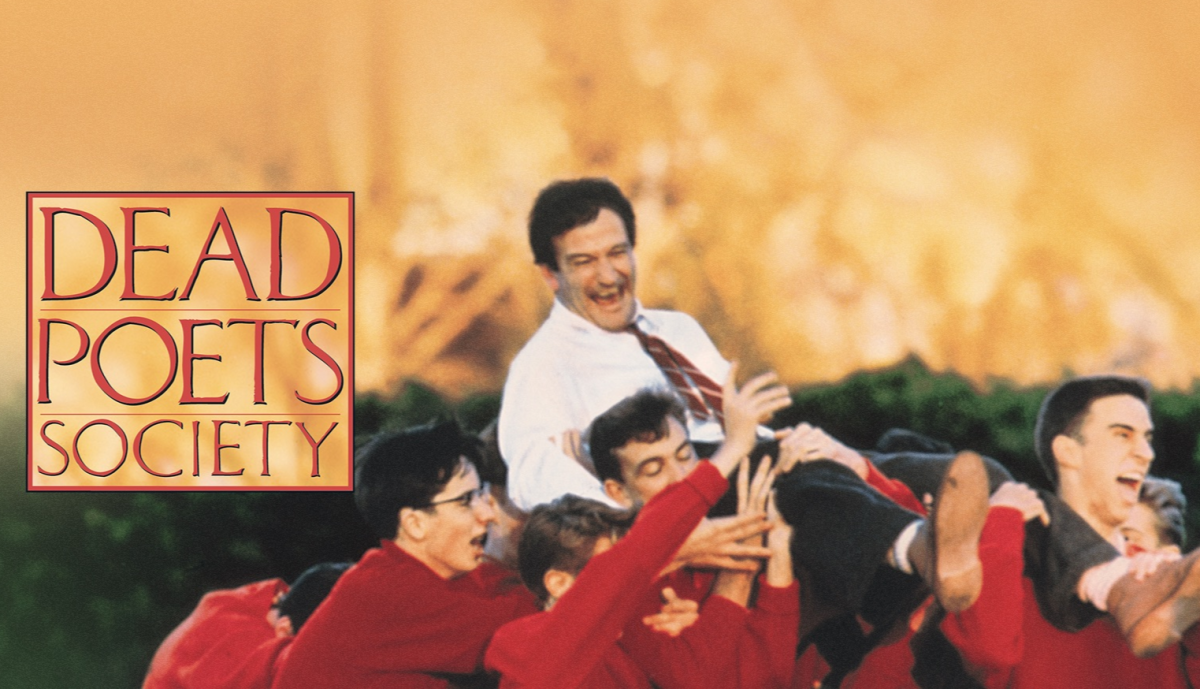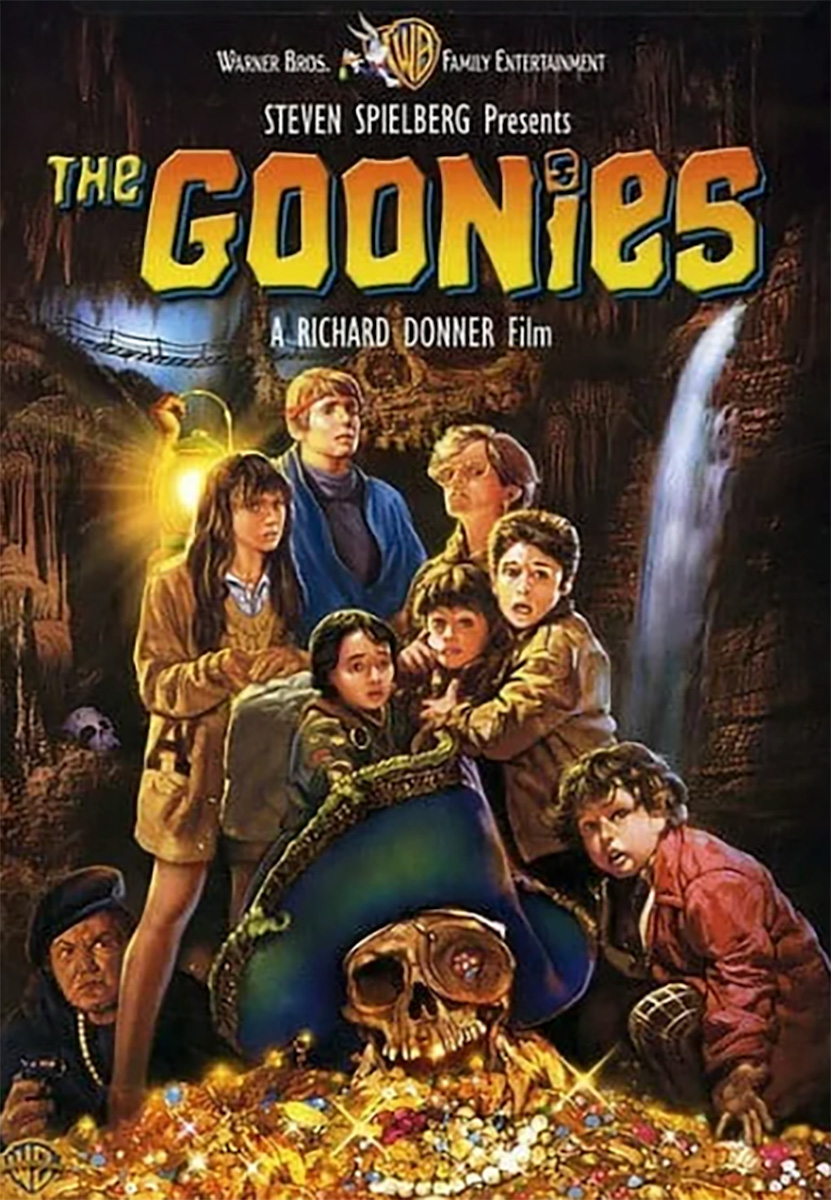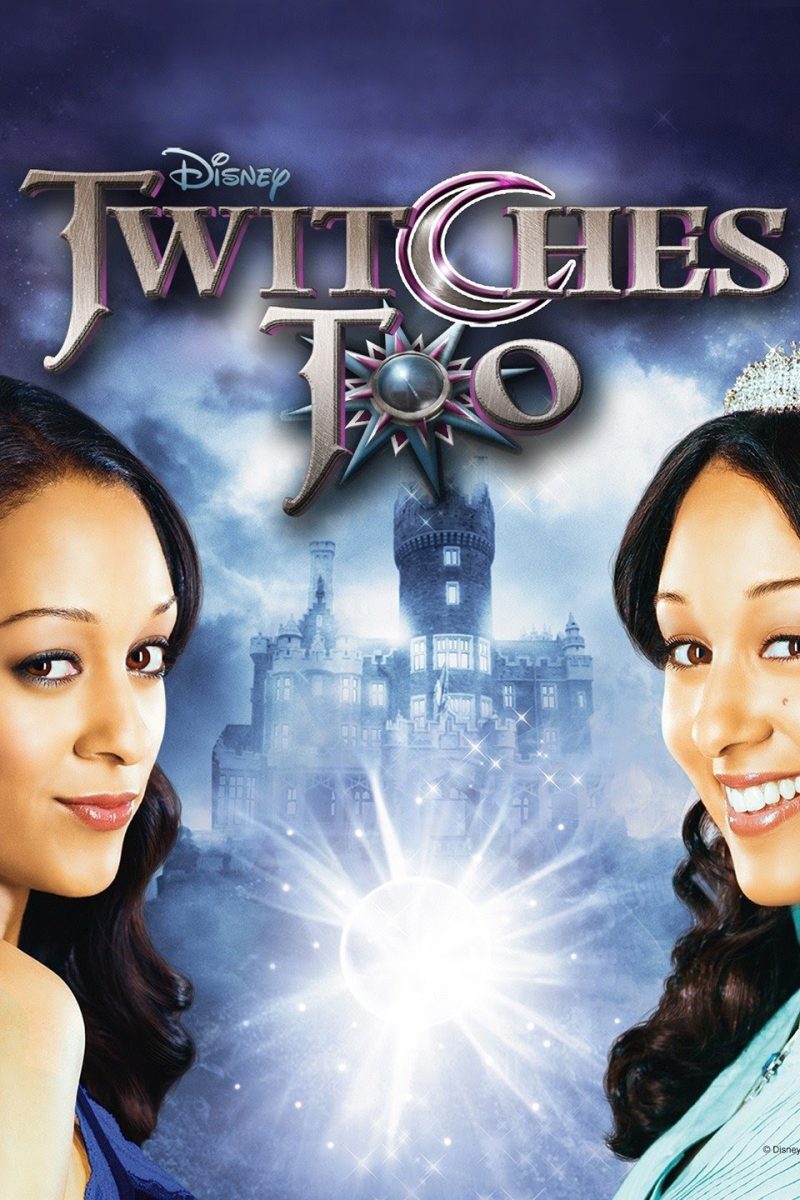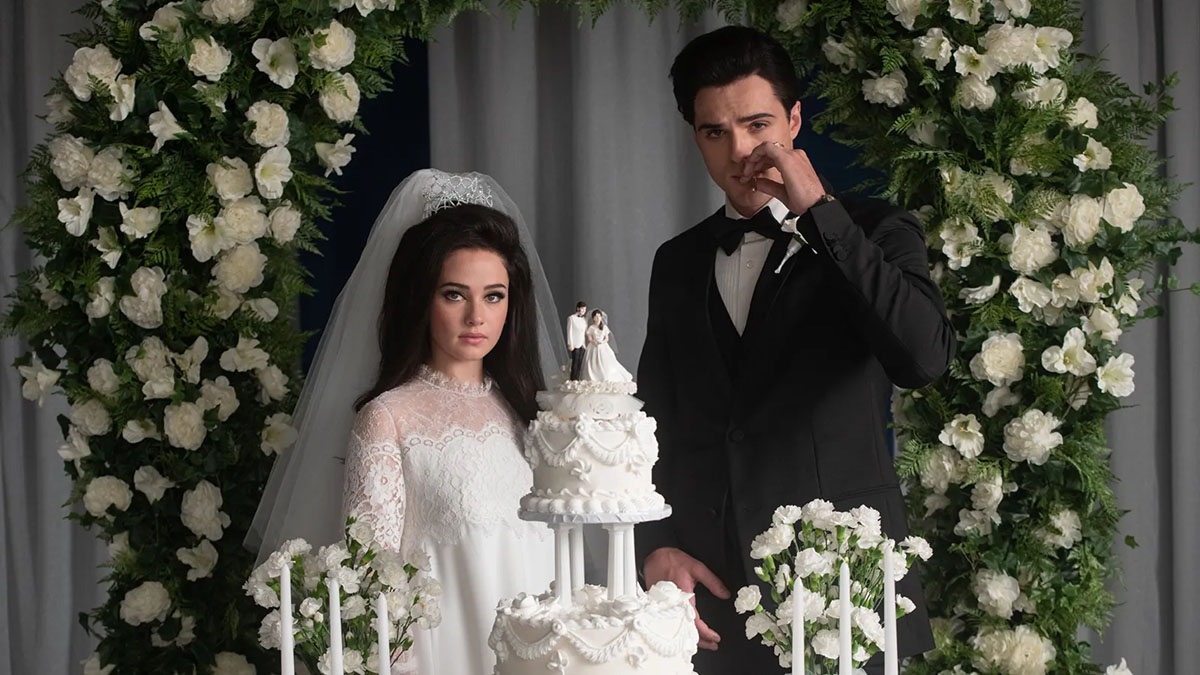As we settle into this spring semester with new classes, new professors, new goals and the opportunity for a fresh start (if last semester didn’t go so well), getting inspiration from academia-focused media can be helpful.
I tend to rewatch “Dead Poets Society” in the fall since that’s when most of the film takes place, but I recommend watching it at any point during the academic year. If you need to romanticize your schoolwork a little in order to be studious, this is the perfect movie to get you motivated.
While attending the prestigious all-boys Welton Academy, the most heavily indoctrinated rule that students in the film are expected to follow is this: conform.
They are taught to model their life after their fathers and their fathers’ fathers, which is simply to keep your head down, study, attend an Ivy League school, land a job, start a family and raise your children to repeat the cycle.
Set in the year 1959, these ideals are especially fitting for the time period. The film, directed by Peter Weir, shows the transition from the end of the ‘50s, perhaps the height of conformist, “square” America, to the ‘60s, known for its radicalism and rebellion against tradition.
Welton Academy, however, has no intent on joining this progressive new era.
It is not until Mr. Keating arrives, the new English professor who teaches poetry rather unconventionally, that the students are allowed to become “free-thinkers” and explore their passions beyond what has been predetermined for them.
John Keating is played by Robin Williams, who, in my opinion, could not have been a more perfect casting. Though he was mainly known for comedy, his iconic performance in this film rightfully paved the way for more dramatic roles in his acting career.
The most well-known quote that Keating uses throughout the film is “carpe diem,” or “seize the day” in Latin.
When he delivers this passionate proclamation to his students, each boy interprets it in his own way, molding and changing the phrase to fit their own inner desires of “seizing” what they wish to.
One of Keating’s students in particular, Neil Perry, is completely entranced by the intensity of his message. Neil, played by Robert Sean Leonard, is a very popular, intelligent and passionate individual who already yearns to break free from the strict path his father has set for him.
He believes he has found his medium of expression through acting in the school play, “A Midsummer Night’s Dream,” which becomes his obsession. Although his father forbids him from participating, Neil lies and continues with his acting anyway, influenced by Keating’s lessons.
A reserved, quiet new student, Todd Anderson, who is Neil’s roommate and polar opposite, is able to find his voice and passion for poetry through Keating’s unwavering encouragement.
Played by Ethan Hawke, Todd’s character development throughout the film is inspiring to many students, like me, who often struggle to speak up in class. All it takes is one relentless teacher who refuses to cease trying to break you out of your shell, confident of the potential that lies underneath.
As the plot of the film progresses, and the students become continually more invested in this profound idea of “carpe diem,” some misinterpret Keating’s mindset of prioritizing originality, which slowly accumulates into the heart-wrenching tragedy of the film.
I won’t give any spoilers, but if you’re anything like me, get those tissues out.
Overall, this film is an empowering coming-of-age story about taking action, speaking your mind and seizing the day. It is comedy and tragedy, poetry and passion, all fused into one masterpiece.
Matczak can be reached at [email protected].














